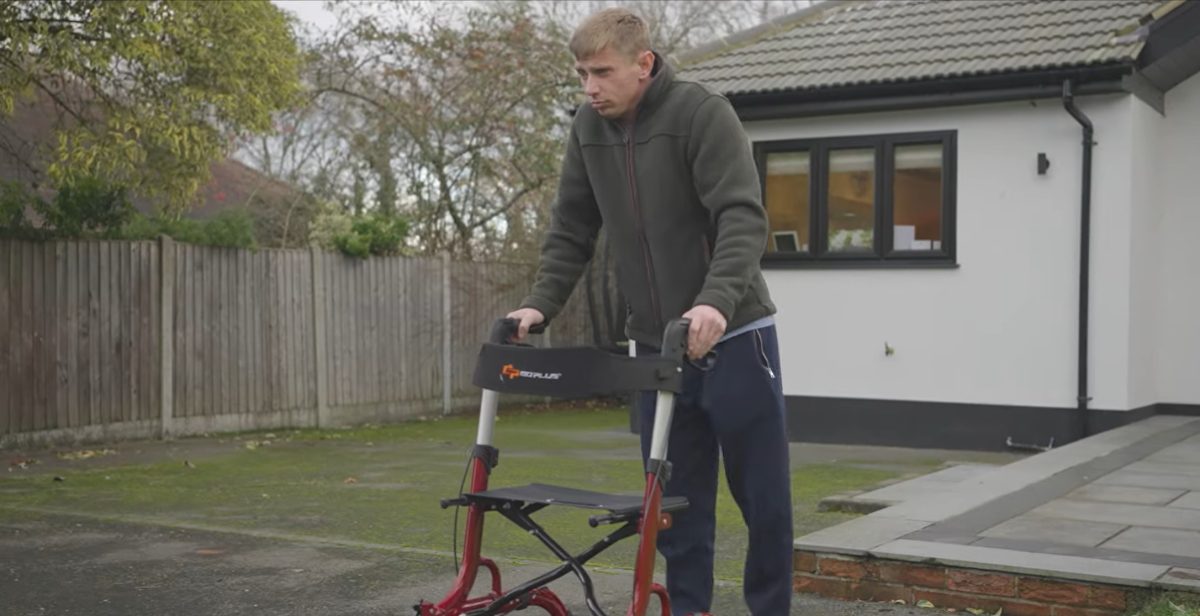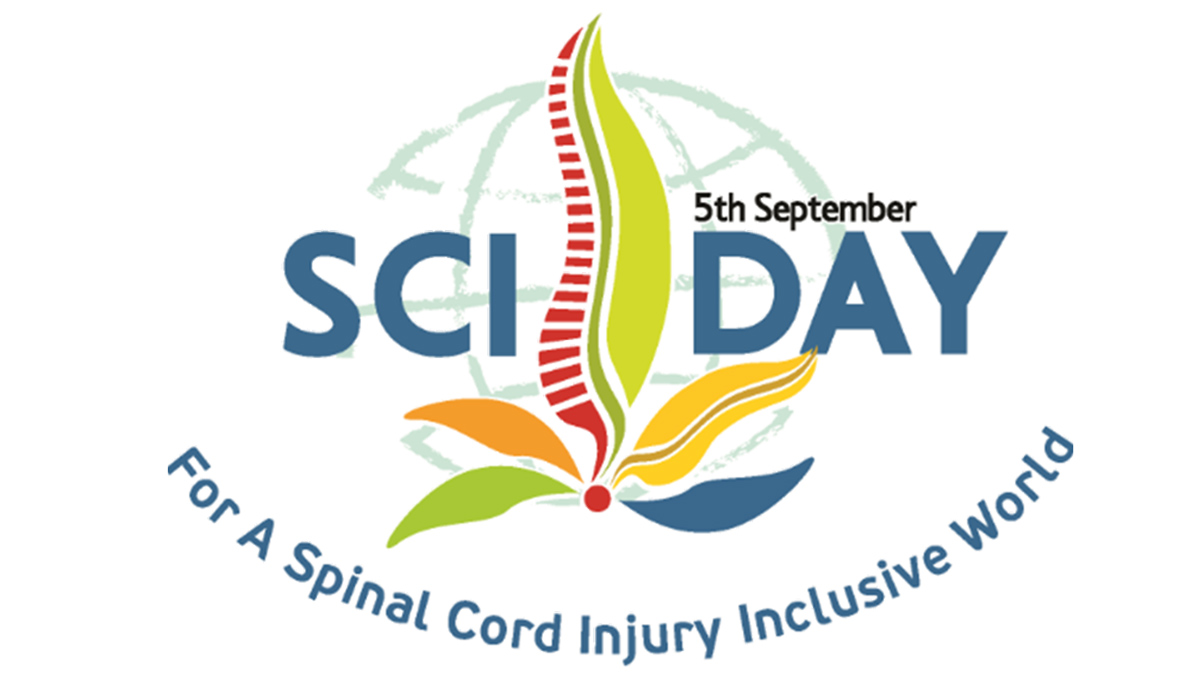Following a serious injury, managing life at home can be challenging and the idea of taking a holiday may feel out of reach. However, with the right preparation, support and accessible arrangements, many people with life‑changing injuries can still enjoy safe and meaningful travel experiences.
Legal Director Megan Goodyer shares steps that clients with life-changing injuries and the professionals supporting them can take to plan and enjoy a successful holiday. This guidance is particularly relevant for individuals recovering from catastrophic injuries including brain and spinal injuries.
Understanding the barriers to travel after a serious injury
On holiday, our clients can face a variety of barriers such as inaccessible accommodation, inhospitable terrain and a lack of transport options. There are also many hidden obstacles to overcome as well. For example, clients who have sustained significant brain injuries need to navigate issues with fatigue, executive dysfunction and cognitive communication disorders.
However, holiday providers are becoming more aware of the needs of people with disabilities. An increasing number of specialist travel agents offer accessible holidays for those with mobility challenges or more hidden disabilities. The more that travel agents or tour operators understand the potential difficulties, the more likely they are to make allowances for a more inclusive trip.
How to plan and prepare for a holiday after a life‑changing injury
Preparation and planning are essential. Holidays are still possible, but it takes work to make them successful. This may mean some elements of spontaneity are lost, as additional steps may be needed to ensure clients can travel and have an enjoyable experience while they are away.
Shelley Lewis, a case manager from AJ Case Management, gives the following advice: “I always recommend my clients and their support bear a few things in mind when on holiday. They should plan days out and research venues to ensure they have any accessible facilities that might be required. They should also ensure they can go to quiet or shaded places to cool down or manage overwhelming or overstimulating situations.
“I also recommend carrying a pack with water, suncream, a sun hat and sunglasses so that they can adapt and protect themselves from the effects of the sun. Likewise, prepare for inclement weather and pack accordingly.
“Routine can be important when you have a traumatic brain injury. Even on holiday it can be useful to maintain home routines as much as possible, such as waking up and going to bed at the same times and maintaining good sleep hygiene routines. This way, despite being in an unfamiliar place, clients have the best chance of getting quality rest so they can enjoy their holiday.”
Key considerations for planning a holiday after a life-changing injury
Lindsey Hopkinson, a case manager from Wanderlust Case Management, and Jo Ritchie, a neuro occupational therapist from Jo Mount and Associates, have put together a checklist of considerations for professionals helping seriously injured people plan their holidays:
Travel and logistics
- Plan all elements of travel in detail including packing, transport arrangements (eg taxis), and notifying airlines in advance if mobility or physical assistance is required.
- Check accessibility at every stage of the journey, including airports, train stations and transfer routes.
Accommodation
- Book appropriate accommodation with the client’s needs in mind. Support workers should be in adjacent rooms, liaise with hotel staff regarding mealtimes and share images of the location with clients in advance to help them orient themselves. Build in regular rest breaks for both the client and staff.
Activities and daily structure
- Tailor activities to capabilities. Share details of planned activities in advance, contact venues to check accessibility and schedule travel time between activities thoughtfully.
- Avoid over‑scheduling and prioritise low‑stimulus environments where needed.
Emergency planning
- Develop and share a clear emergency plan. Support workers must have the means to contact the wider team, especially when overseas.
Medication and health management
- Ensure correct procedures are in place for storing, administering and documenting medication. Every support worker should receive a briefing on client medication routines.
Considerations for clients with brain injuries
Jo and Lindsey have also identified further tailored needs for support workers helping clients with brain injuries:
- Create an itinerary for each day in an easy-to-read format to aid expectations for the client.
- Select environments that are calm and free from overstimulation. Avoid loud, crowded places and allow for sensory breaks. Some venues may offer ‘easy read’ versions of key information, such as maps, to orientate the client.
- Keep to a familiar daily structure as much as possible. Consistency with meals, activities and bedtime helps reduce anxiety and confusion.
- Use communication aids or strategies suited to the client’s needs including visual prompts, simplified language or assistive devices. Ensure all staff are trained accordingly.
- Be aware of and plan for potential behavioural triggers. Include calming techniques and have a behavioural support plan in place.
- Schedule ample downtime and avoid over-scheduling. Travel days should include built-in periods for rest and recovery. Consider ways of conserving energy such as having meals in the hotel room or asking for packed lunches.
- Provide visual schedules, maps and orientation prompts. Regular verbal and visual cues can help clients stay engaged and comfortable.
- Secure travel insurance that covers pre-existing conditions. Carry a concise medical summary including medications, emergency contacts and relevant diagnoses.
- Ensure emotional support is accessible. This may include pre-arranged calls with mental health professionals or reassurance from trusted staff members.
These steps can significantly reduce anxiety, fatigue and cognitive overload, helping clients enjoy their time away while maintaining safety and stability.
With the right planning, support and professional guidance, travel and holidays even to remote or unfamiliar locations remain possible after a serious injury. For many clients, a well‑planned holiday can provide a sense of independence, joy and normality during a challenging period of recovery.
Our serious injury lawyers regularly work alongside case managers, therapists and support teams to help clients rebuild their independence and access opportunities such as travel.
If you require assistance from our personal injury team, please contact us.





